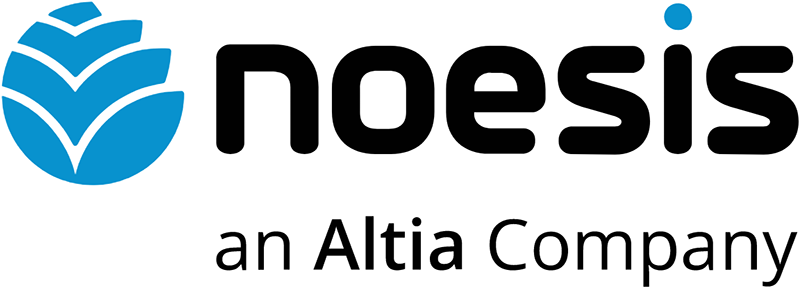
Never has the importance of training and personal development been more evident than today, both for those who employ and for the organizations' talents. There are several benefits they represent, from increased profitability and productivity of employees, through the reuse of knowledge to better prepare for market requirements.
After several years without being given due value to employee training programs, we have reached a level of high sophistication in which their benefits are increasingly recognized. This can also be explained by the fact that the talents of organizations are qualified for more demanding professional contexts where creativity, innovation, and the need for change are a constant. In this way, vocational training programs should always be seen as an opportunity for evolution, providing not only a personal appreciation of the employee but also of the development and differentiation of the employer.
We live in a society in which all sectors are characterized by constant evolution and change, due essentially to the Digital Age. Thus, it is essential that both organizations and their surroundings are prepared for the various challenges they may face.
Let us ask ourselves, then: Why should we invest in the training of employees?
In the past, training programs were considered as a means to adapt a person to the position and, in this way, develop the workforce of the organization. Nowadays, this concept has been expanded, to the extent that training is also seen as a means of promoting the good performance of the position, to train or collaborate so that it can perform more specific tasks that the position requires, developing skills that make human capital more productive, creative and innovative, contributing to the objectives of the organization.
Training should be seen as a source of profitability always from the perspective of investment and not spending. When we invest in people, the intellectual capital of the company increases and ends up contributing to the results of the organization.
It's becoming increasingly clear that continuous learning is critical for career success. Not only must we keep up with technological advancements, but we have the potential to develop and enhance other areas such as language proficiency, soft skills, and communication and presentation abilities. Consistent learning throughout our lives keeps us engaged and valued, encouraging us to broaden our skillset and stay up to date with emerging trends.
Publisehd (in portuguse) in ECO

